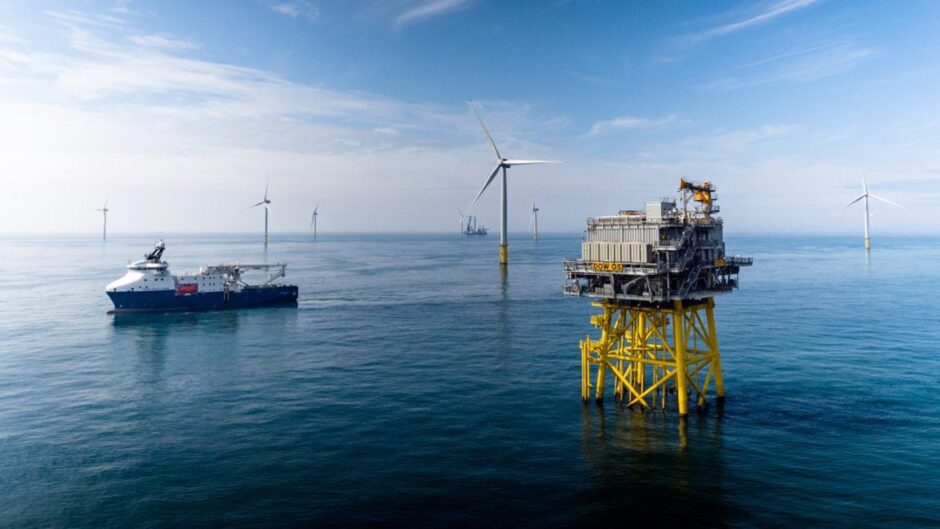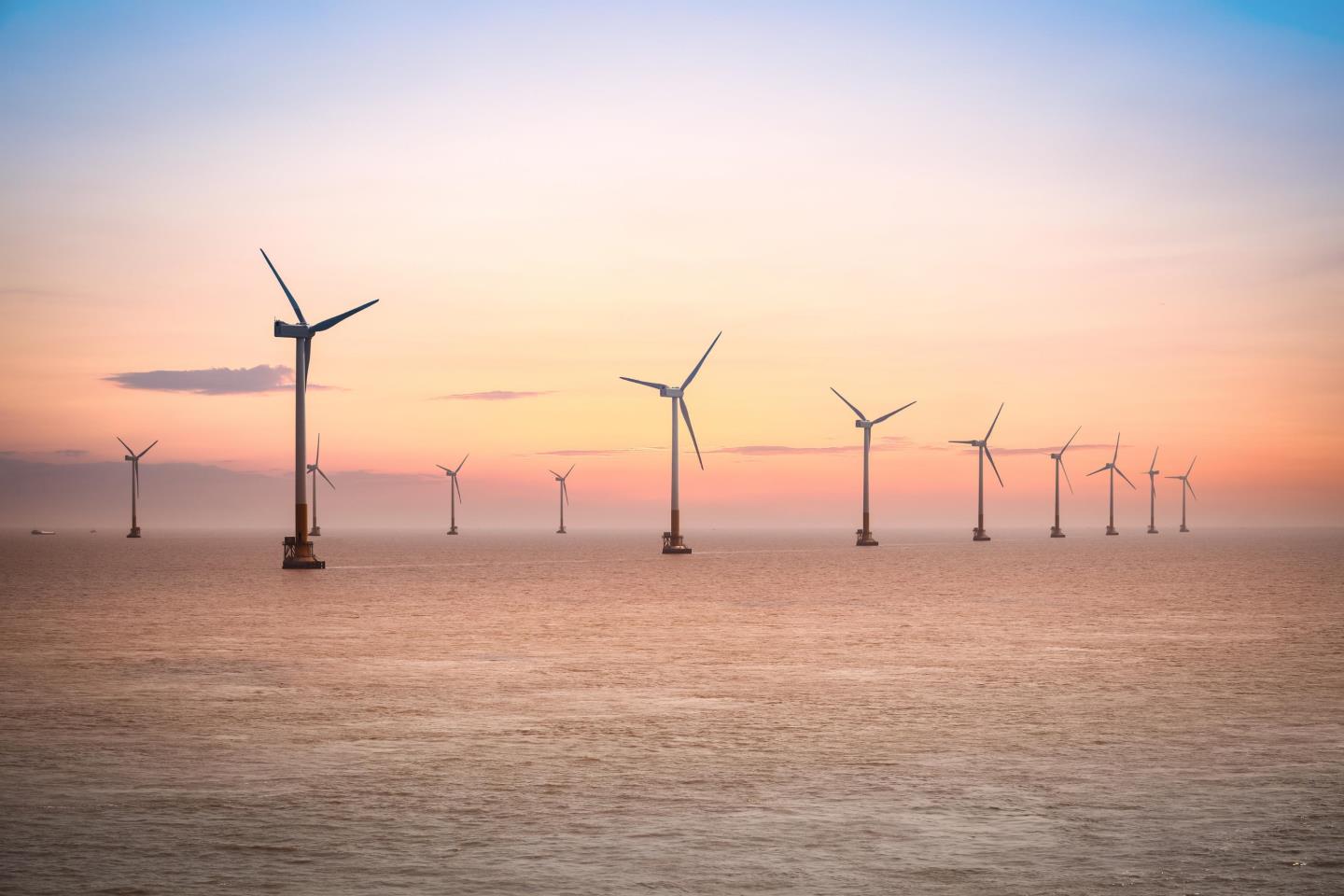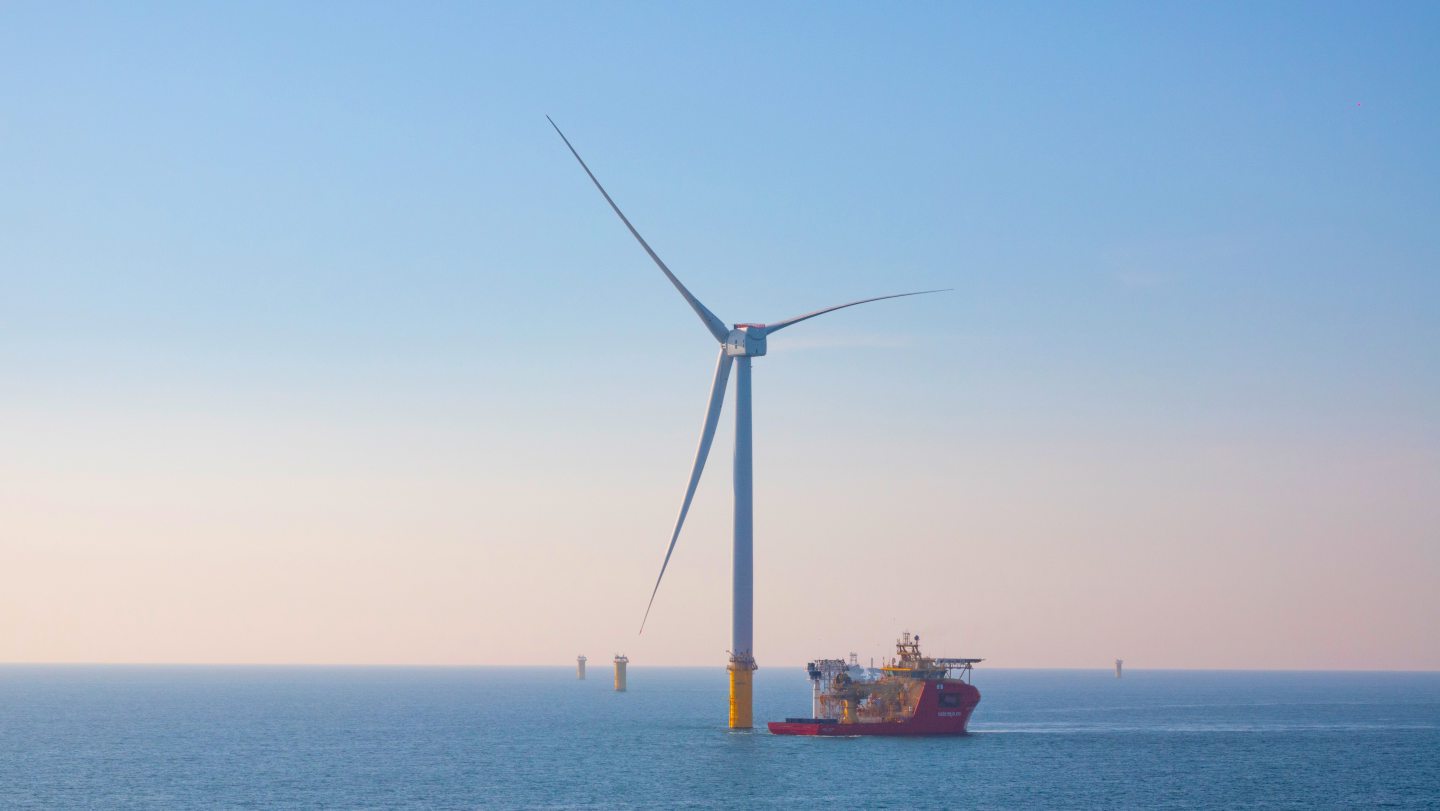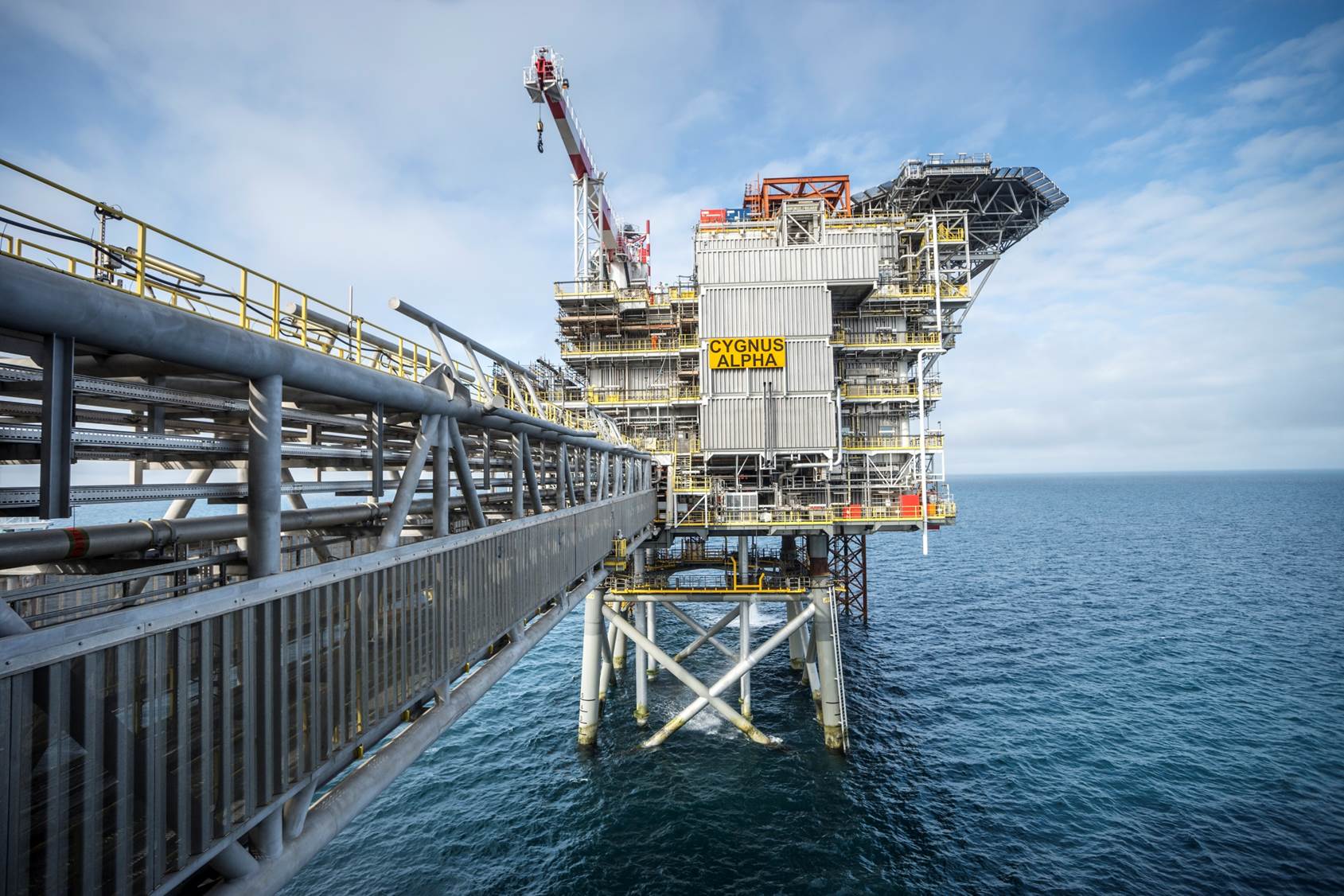
The North Sea Transition Authority (NSTA) has introduced a new clause for oil and gas licences which overlap with offshore wind leases.
The NSTA announced the changes as it announced the licence award winners in the third tranche of its 33rd Licensing Round.
The bulk of the licences announced are located in the Southern North Sea, leading to criticism from environmental campaigners concerned that oil and gas exploration could clash with offshore wind projects.
The NSTA said following discussions with The Crown Estate and Crown Estate Scotland, the regulator would introduce the clause “to resolve spatial overlaps and to support co-existence of these important industries”.
A spokesperson for the NSTA said: “The granting of an exploration licence does not eliminate the use of that area for offshore wind, and we wholly support the use of offshore wind as a means of power generation.”
The NSTA said the new co-location clause means that oil and gas operators will need to reach agreement with wind lease holders on how to proceed before permission for any exploration activity is granted.
“It is possible for different activities to take place in the same areas through early engagement and coordination, careful sequencing of activities, and deployment of specific technology,” the spokesperson said.
UK should ‘prioritise offshore wind over oil and gas’
Following the announcement by the NSTA, RenewableUK chief executive Dan McGrail said the UK should prioritise offshore wind development over oil and gas exploration.
“Whilst we welcome the efforts of the North Sea Transition Authority, The Crown Estate and Crown Estate Scotland to work together on reforming the rules governing oil and gas co-location with offshore wind farms, we need much greater prioritisation of renewables over oil and gas in spatial planning,” Mr McGrail said.
“Offshore wind is going to be the backbone of our future system, not fossil fuels.
“Prioritising offshore wind over oil and gas isn’t just the right choice for the planet, but given renewables are the lowest cost means of generating power, we should be doing this for billpayers.”
The decision to issue new licences in the same vicinity as offshore wind zones was also criticised by environmental campaign groups Greenpeace and Uplift.
Offshore wind could ‘greenwash’ fossil fuels
While the presence of nearby offshore wind farms could help the offshore oil and gas reduce its emissions, the two campaign groups said it would be counterproductive to climate efforts.
Greenpeace UK policy director Doug Parr told The Guardian that using offshore wind to power oil and gas operations is like “using a nicotine patch to roll a cigarette”.
“It’s hard to think of a worse use of clean electricity from windfarms than powering the dirty industry that’s driving the climate crisis,” Mr Parr said.
“Most of the planet-heating emissions from oil and gas rigs come from burning the polluting fuels, not extracting them.
“At best, this will make a small dent in the carbon footprint of a few oil companies’ operations. But more likely than not, it will end up greenwashing the fossil fuel industry’s image just as the government keeps trying to expand extraction against the advice of leading scientists and experts.”
New licences a ‘pipedream’ for energy security
Meanwhile, Uplift executive director Tessa Khan criticised the issuing of new North Sea licences as a “pipedream” for energy security.
Ms Khan said the UK government is “clearly out of ideas”.
“This licensing round, which was first announced under Liz Truss’ government, is likely to result in very little oil and gas reaching the UK,” Ms Khan said.
“In the last thirteen years under the Conservatives, hundreds of new licences have been issued, which have produced just 16 days worth of extra gas.
“This isn’t an energy strategy, it’s a pipedream.”
Ms Khan also said plans to use wind energy to power oil and gas rigs, such as the INTOG leasing round, will divert renewable energy from homes and send the UK “backwards in terms of energy security”.
“Despite all the warnings that opening new oil and gas fields will push us past safe climate limits, Rishi Sunak has chosen to push new drilling as part of his pitch to voters,” Ms Khan said.
“Unlike more renewables and insulating homes, it will do nothing to lower energy bills, it just boosts the profits of oil and gas companies.”
New licences give confidence to subsea sector
The issuing of new licences and the introduction of the co-location clause received a warmer welcome from the offshore sector.
Global Underwater Hub chief executive Neil Gordon said sustaining UK oil and gas exploration and production alongside offshore renewables is “crucial” for UK energy security and net zero efforts.
“We should also remember that oil and gas is utilised for many more purposes than just a source of power, including in the manufacture of consumer goods, equipment, components and products, underscoring its economic and societal importance,” Mr Gordon said.
Mr Gordon said the NSTA announcement provides “confidence to the subsea sector as it will help sustain project activity and support the supply chain through this period of evolution”.
“The oil and gas sector has made great strides to reduce emissions, not least through the proactive INTOG leasing round where co-located wind turbines would power offshore installations.
“Adding a clause to these new licences to encourage oil and gas operators and offshore wind developers to work together is extremely positive and further demonstrates how these important sectors can co-exist.
“Our underwater industry supply chain stands ready to support the delivery of these new projects.”
OEUK welcomes co-location clause
Trade association Offshore Energies UK (OEUK) also welcomed the issuing of new licences and the introduction of a co-location clause.
OEUK chief executive David Whitehouse said the industry needs the churn of new licences to support “an orderly transition that supports jobs and communities across the country and meets our energy needs”.
“We all recognise that our energy mix must change, and our sector is ramping up renewables and accelerating the drive to net zero,” Mr Whitehouse said.
“But this journey will take time.”
Co-location of offshore industries including oil and gas, offshore wind, carbon capture and fishing has been an issue weighing on the regulators’ minds for years.
The topic is addressed through forums such as those ran by the Crown Estate.
However a report from the NSTA last year found full co-location of carbon storage sites with wind farms is in many cases “impossible”.
Recommended for you


 © Supplied by Orsted
© Supplied by Orsted © Supplied by SSE
© Supplied by SSE © Neptune Energy
© Neptune Energy © Uplift
© Uplift © Supplied by GUH
© Supplied by GUH